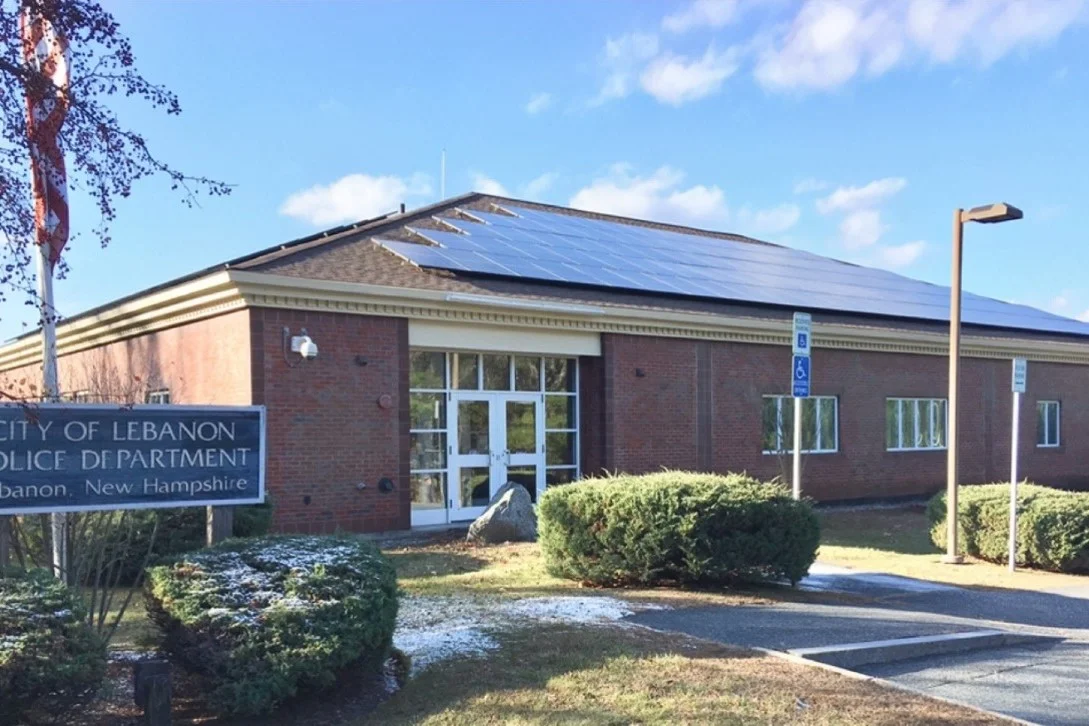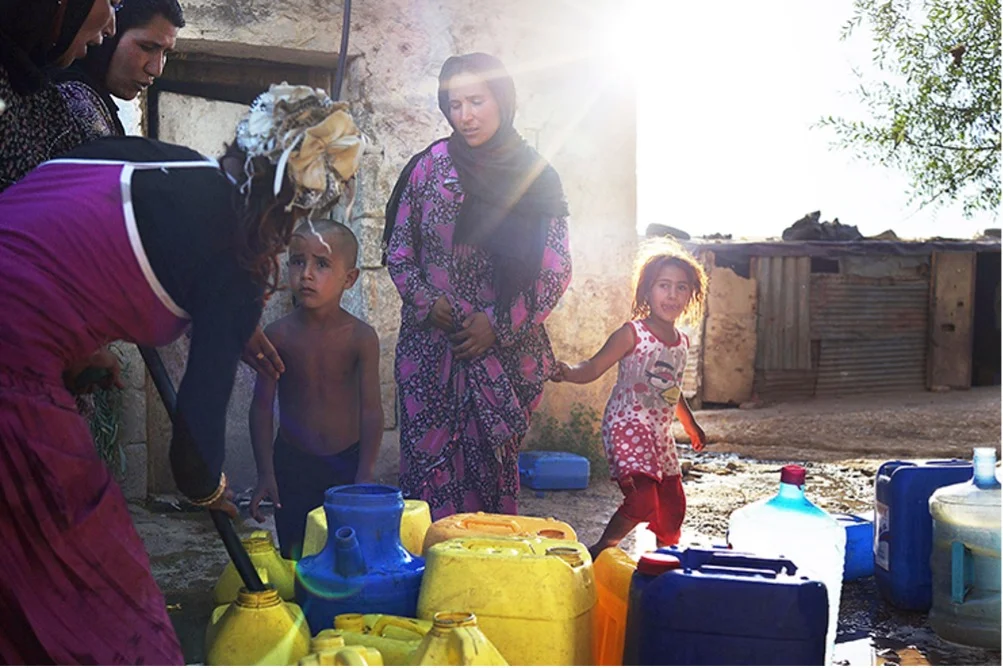City of Lebanon, New Hampshire – A Sustainable Community

The City of Lebanon must become a model for a balanced and desirable sustainable community preserving its New England rural character, smartly managing its growth and urbanization as the hub of the Upper Valley Micropolitan area, and meeting the needs of the present without compromising the ability of future generations to meet their needs.
Mission:
- Deliver a sustainable, effective, and responsive City government.
Purpose:
- Unify City stakeholders and partners to support the City Council’s vision and mission in accordance with City values and priorities to produce City Council targeted outcomes to best serve the health, safety, and welfare of all Lebanon residents.
Values:
- All actions and policies of the government of the City of Lebanon shall, first and foremost, benefit the current residents of the City of Lebanon
- All City Decisions shall be guided by Lebanon’s Principles for a Sustainable Community.
- The City shall develop and maintain excellent planning capability.
- The City shall act predictably and transparently and be accountable for its actions and shall regularly re-evaluate its policies and actions.
- The City shall make data-driven decisions.
- The City Administration shall adequately inform the deliberation and discretion of the Council and of all municipal boards and committees.
- The City shall exercise fiscal responsibility and restraint towards prudent long-term stewardship of its resources.
- The City shall protect the natural environment of the City and the character of our neighborhoods.
Universal Strategies:
- Current and Manageable Work Plans
- Innovation and Creativity in Outcomes, Operations and Work Models
- Balanced Long-Term/Short-Term Challenges and Opportunities
- Long-Term Organizational Sustainability
- Teamwork-Based Organization
- Labor-Management Partnership
- Simplicity and Leanness in Operations
- Transformation of Place and Space
- Alignment with Ethical Principles
- Employee Engagement, Empowerment and Support
- Continuous Education of Employees
- Efficient Use of Tools and Technology
- Utilization of Best Management Practices
- Energy Efficiency
- Readily Adaptable to Political, Regulatory, Economic, and Social Shifts
- 360 Degree, Organization-Wide Internal and External Communication
 Algeria
Algeria Bahrain
Bahrain Comoros
Comoros Djibouti
Djibouti Egypt
Egypt Iraq
Iraq Jordan
Jordan Kuwait
Kuwait Lebanon
Lebanon Libya
Libya Mauritania
Mauritania Morocco
Morocco Oman
Oman Palestine
Palestine Qatar
Qatar Saudi Arabia
Saudi Arabia Somalia
Somalia Sudan
Sudan Tunisia
Tunisia UAE
UAE Yemen
Yemen




